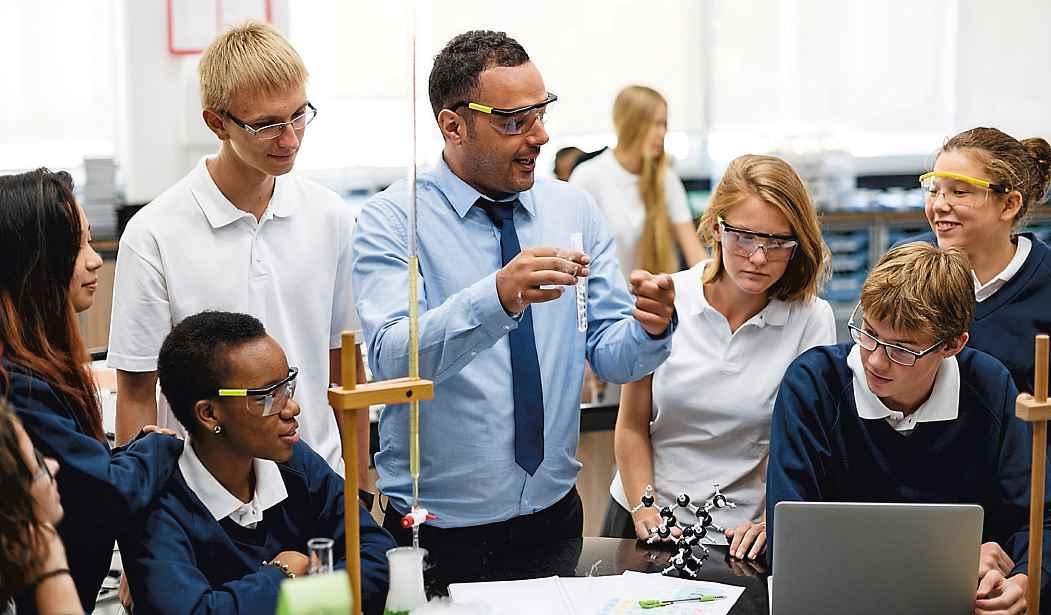
2 minute read
Subjects
Which subjects will your child be studying now?
If your child’s school follows the National Curriculum then there will be compulsory subjects for them to be taught during the next five years.
They will vary depending on their age – Key Stage 3 is for years 7 to 9 and Key Stage 4 for years 10 and 11 when most pupils work towards national qualifications, usually GCSEs.
Although academies and private schools do not always have to follow this, there are still some subjects that are compulsory for all students. If your child’s new school is following the National Curriculum, then they will have lessons in set subjects including English, mathematics, science, history, geography, modern foreign languages, physical education, citizenship and computing.
In English classes, pupils will be taught to develop an appreciation and love of reading as well as to understand increasingly challenging texts.
The programme also includes writing accurately, fluently, effectively and at length for pleasure and information as well as speaking confidently and effectively using various methods such as presentations and debates.
During Key Stage 3, the aim is for pupils to become fluent in the fundamentals of mathematics, including varied and frequent practice with increasingly complex problems over time.
They will also learn to reason mathematically by following a line of enquiry and solving problems by applying their mathematics to a variety of routine and non-routine situations. History lessons may include the development of church, state and society in Medieval Britain 10661509, challenges for Britain, Europe and the wider world 1901 to the present day and the Holocaust.
While science teachers will work to ensure pupils develop their scientific knowledge and conceptual understanding in biology, chemistry and physics.
They will also be taught nature, processes and methods of science through different types of enquiries that help them to answer questions about the world around them.
In geography sessions, they will work to extend their locational knowledge and deepen their spatial awareness of the world’s countries using maps of the world. Pupils will also be taught to understand geographical similarities, differences and links between places through the study of human and physical geography as well as geographical skills and fieldwork.
From Key Stage 3, schools are also required to provide lessons in religious education and sex education, but parents can sometimes choose whether children attend these classes.
Academies must teach a broad and balanced curriculum, which they can set themselves, but it must include English, mathematics and science. They must also teach religious education.
Schools will be able to provide details on their specific curriculum if you are unsure.










